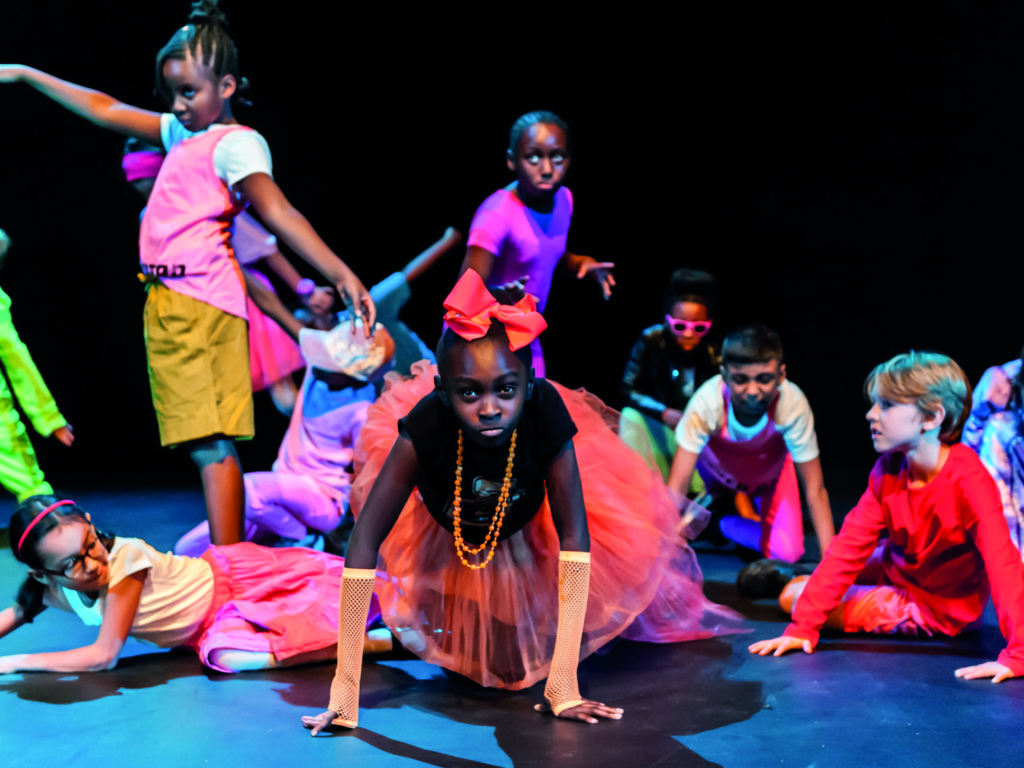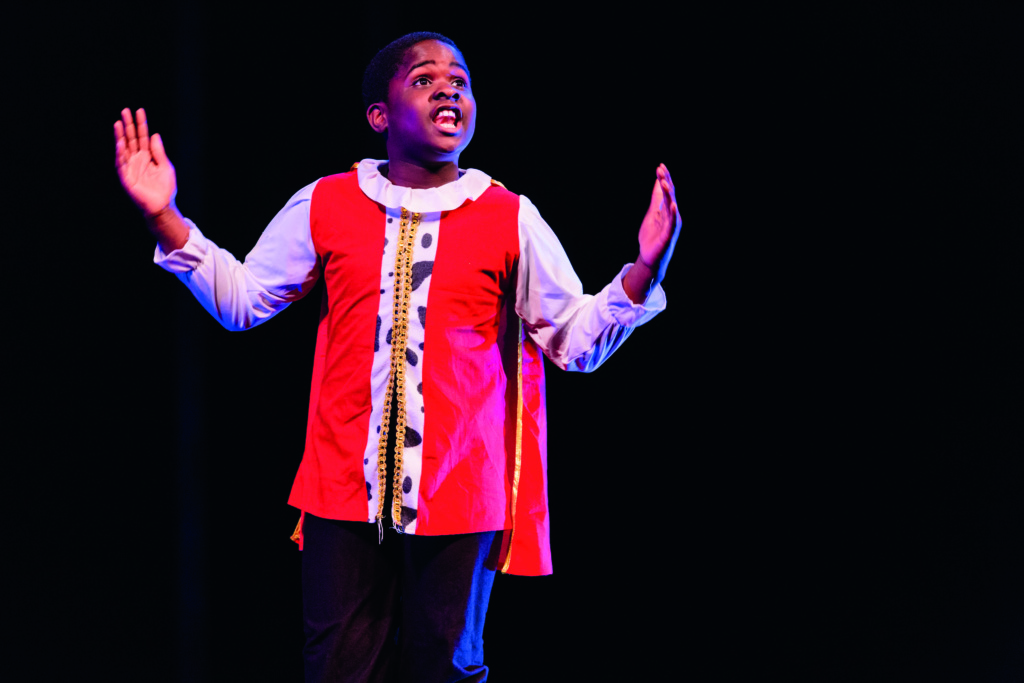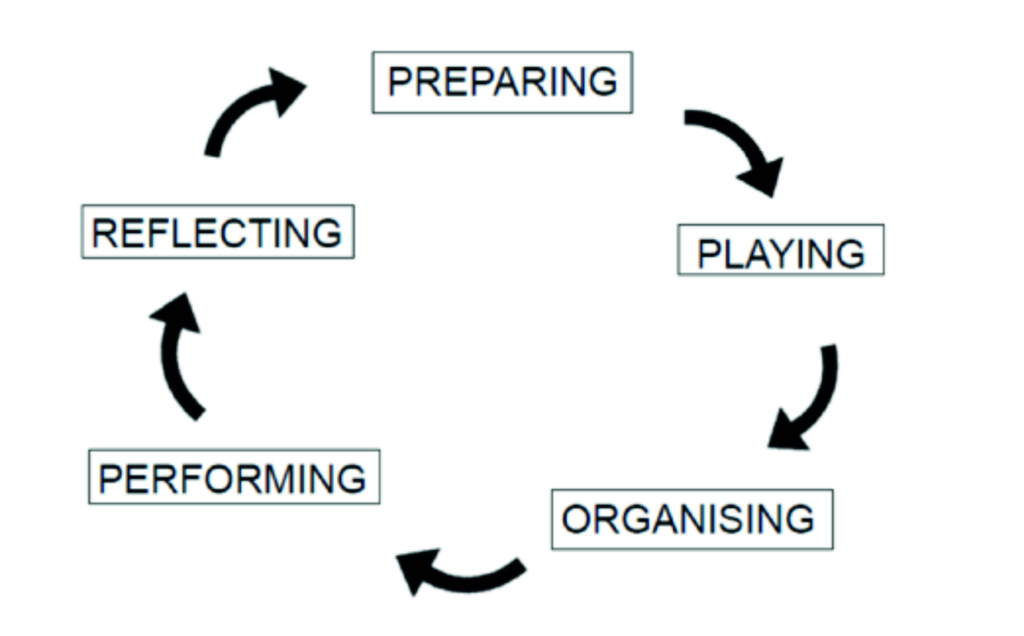
“Our doubts are traitors and make us lose the good we oft might win, by fearing to attempt.”
These words belong to William Shakespeare, from his play Measure for Measure, but anyone who has ever worked with a group of young learners may also know and recognise them. Many teachers have seen these moments of ‘fearing to attempt’ – sometimes it’s a hand raised in the air, but then quickly put down again when called upon and sometimes it’s a hesitant pause before reading out loud. We know that having the confidence to try is an essential part of enabling our young people to succeed in every subject area, from literacy to maths. But nurturing this confidence, which leads to progress in speaking, reading and writing, can often seem like a mysterious process that does not have a roadmap to follow. It seems surprising on the surface that a playwright born over 400 years ago, writing in language notoriously difficult to unravel, holds some of the richest answers. But among the teachers who have found this to be true is another William, a teacher at a primary school in Gravesend:
“A Year 5 child could barely read before we started. When reading in class he sat staring in different directions and would not engage. His reading level progressed because of his engagement with the Shakespeare script – we worked through this together so that he knew what the words meant and what he had to do. In class he began reading independently…he has also been much more willing to read at home and is reading 2-3 short books per week. Learning the words by heart and saying them in front of an audience of 300 seemed to give him a huge boost in confidence which has carried through into his reading at home.”

William’s words are just one of the many stories I hear of students’ confidence, self-esteem, and literacy levels soaring as they perform Shakespeare. William’s class took part in Shakespeare Schools Festival, the world’s largest youth drama festival and the project at the heart of cultural education charity Shakespeare Schools Foundation. SSF enables over 1,000 schools from every corner of the UK to perform Shakespeare in their local professional theatre each year. A teacher from each performing school takes on the challenge of becoming the ‘Teacher-Director’ for their show, learning active and inclusive approaches to directing Shakespeare from SSF’s CPD workshop, and being supported by specially designed classroom and drama resources and scripts. Young people also attend a workshop with professional actors or directors to develop their skills, before their performance alongside several other local schools and to an audience of their own community, in a celebratory culmination of the process. What’s important here is Shakespeare performed, rather than simply read. It’s the act of rehearsing and speaking the words onstage which enables students to see their wisdom, humour, and power, and to own this for themselves. The outcomes for young people are profound and far-reaching, as Sandra, a teacher from Margate, explains: “A previous pupil who had autism had been monosyllabic for his entire school career, having been with us since the age of 5. He began to engage in drama in Year 9 with simple exercises learnt at an SSF training day. With three weeks to go before the performance, he stepped in and took on the role of Macbeth with great flair. As a result of the performance, staff and pupils alike began to see him in a new light, his confidence grew and his sense of humour began to shine through. He became more outgoing and engaged people in conversation…It was a remarkable transformation for him.”
A rehearsal room in the classroom
It’s the role of ‘Teacher-Director’ which is instrumental in this process. SSF teachers have the opportunity to meet professional actors and directors at their Teacher-Director workshop day, which generates conversations about how the practice of a theatre rehearsal room can contribute to their work in the classroom. A theatre director goes into rehearsal prepared to work with the group of actors, knowing that some of the answers to their questions will be discovered simply by trying things out. A great rehearsal room is a place of experimentation, and of experimenting together. It’s through this process of generating new ideas as a group that the work can be formed – the ethos is creative and collaborative. For young people, working in this way means that there is no pressure to get things perfect the first time, and their job is simply to contribute ideas to the team – this can be a powerful and empowering learning process for students.
To practice creating this environment, we invite teachers to apply the principle of the Creative Cycle, by theatre director David Glass (see below).
